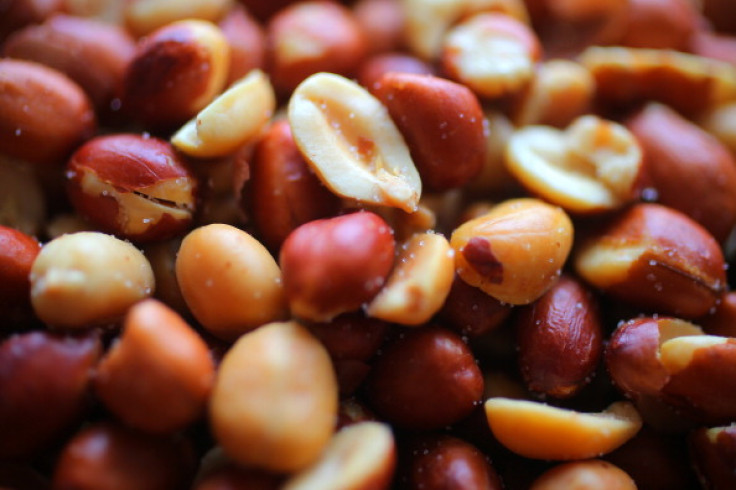Australian researchers cure peanut allergy

Australian researchers appear to have found the cure to fatal peanut allergies by successfully curing 30 children.
The Melbourne-based Murdoch Childrens Research Institute's study involved giving children a daily dose of peanut protein over an 18-month period.
Many of the children and families believe it has changed their lives, they're very happy, they feel relieved. These findings provide the first vital step towards developing a cure for peanut allergy and possibly other food allergies.
Along with the nut protein, the 30 children were also given an increasing quantity of probiotic Lactobacillus rhamnosus – the quantity equivalent in nutritional value to consuming 20kgs of yogurt daily.
At the end of the clinical trial, an estimated 80 percent of the children were found to show no reaction after eating peanuts.
"Many of the children and families believe it has changed their lives, they're very happy, they feel relieved," said the lead researcher, Mimi Tang.
"These findings provide the first vital step towards developing a cure for peanut allergy and possibly other food allergies."
Tang explained why the study focused on peanuts instead of other nuts.
"We focused on peanut allergy because it is usually lifelong and it is the most common cause of death from food anaphylaxis," said Tang, reported The Guardian.
"We will be conducting a follow-up study where we ask children to take peanut back out of their diet for eight weeks and test them if they're tolerant after that."
Despite the successful study, Tang warned against trying the trial at home and said: "Some families might be thinking about trialing this at home and we would strongly advise against this. In our trial some children did experience allergic reactions, sometimes serious reactions.
"For the moment this treatment can only be taken under the supervision of doctors as part of a clinical trial."
© Copyright IBTimes 2024. All rights reserved.






